Inside: An argument for overflowing our grief containers and creating space for grief in the every day, and some of the other intentions behind the Grief Magic course (enrollment for the cohort ends at midnight!)
Dearest Shapeshifters,
How do we make space for our grief in times when it is overwhelming, when the losses are mounting, under systems that encourage us to go-go-go at the expense of ourselves?
How can we create practices of grief-tending that are more embedded in the everyday, that are gentle, slow, and intentional?
Often, under systems that alienate us from our grief, even just showing up to a space that we know is set aside for grief (without anything happening yet) can unleash a flood of emotion.
In times like these (and really anytime I think...), the occasional one-off grief container, workshop, retreat, or ritual that lasts a few hours to a few days are certainly important and can help us immensely - and they also can function to set grief aside as something that happens only in "the appropriate container", a "sacred space" apart from daily life, when they are not a part of a more embedded practices or relationships. We absolutely need these spaces and we need more.
We need grief-informed spaces, practices, and communities that acknowledge grief is present even when we are not at the funeral or the ritual.
We need communities and practices that acknowledge the ways that grief transforms daily life and reveals the sacredness of the mundane, that allow us to drop in tenderly, in titrated ways that honor our nervous systems, and not always all at once for short, intense, bursts.
I'm not saying we should abandon ritual or creating specific containers! We ABSOLUTELY need them. AND we need to move into more robust relationships with grief that understand the ways we already overflow these containers, and to grow longer term spaces and ways to practice grief tending with one another.
I think a lot of folx might be worried that creating space for grief will only increase the amount of overwhelm, sorrow, and despair we feel. But I find quite the opposite to be true.
Creating many ways and spaces to be with grief can actually bring us relief and be deeply life affirming.
We get to just be real. We get to take off the masks and conditioning and performance of being okay, trying to soldier on and pretend we don’t feel fucked up and confused. Sometimes that means tears and sometimes it means laughter. We get to be witnessed and we get to witness others. We *also* get to move at our own pace, attune to what feels good and supportive, instead of forcing ourselves to go too fast too quickly with one another, or performing what we think our grief should look like.
I find that when we truly welcome ourselves and our grief this way, we find our joy to be closer- joy as in “the capacity to do and feel more” (Carla Bergman & Nick Montgomery, Joyful Militancy).
These are some of the intentions that Grief Magic, a year long course, grows from.
Grief Magic seeks to remember grief as a part of our every day lives—rather than something that is somehow separate from lives steeped in loss.
We have grief rituals, yes, and we also have book clubs, group discussions, seasonal magic and folklore workshops, parallel creative play, song circles, somatic workshops, poetry workshops, and more.
There are spaces for us to be together in our grief with and without words, playfully and seriously, in mystical and mundane practices, in embodied and intellectual practice, in getting present while cultivating relationships with our ancestral and future kin.
This class is an experiment in seeing what happens when we spend the year attuning to ourselves, one another, our personal and collective grief and joy, the seasons, our own capacities to imagine and create and stay with the trouble of living and dying amidst a sea of loss.
If you're looking for a creative, grief-welcoming, learning community that journeys through this year together while rooting in seasonal magic, storytelling, art-making, and the brilliance of our ecosystems, I hope you'll join us!
With love,
Mara June
PS There are still two 40% off scholarships available for those in need. Simply DM me and let me know if that's you, and I'll send you the scholarship discount code!
In addition to exploring the above themes, we will also be exploring the following:
Ancestral Stories, Myths, and Timekeeping: Myths, Magic, and Folklore connected to the seasons and grief*
Tarot’s Major Arcana as guides for grief and creative process
Imagination Spells: Envisioning and Practicing Living Futures
Art, imagination, and grief as collaborators and ecological processes
Grief as Time Travel: Exploring constructions and experiences of space and time
Grief, Shapeshifting, De/Constructions of the self: becoming multitudes
The Politics of Enchantment: Mundane Magic, Care, and Enchantment in the Everyday
*While I’ll be drawing largely on European myth, folklore, and magic, students are encouraged to explore their own ancestral stories and practices.
Learn More about the Cohort & see the full schedule here!
Self paced option✨✨✨
Not interested in a cohort but want access to the course materials and guest workshops?
There is also a self paced study version of this course for those not interested in the cohort model!
Learn More about the Self Paced Study
Meet our Guest Instructors/Magicians✨
Each of these beings has contributed so much to my own understandings and practices of grief magic, and I’m so deeply grateful that they will be holding this container with us.
Danica Boyce
Danica Boyce is a writer and educator in vernacular spirituality, folklore and song. She’s called to labour at the dream of undoing the wounds of imperialism by sowing love and connection to the living world.
For the past seven years Danica has been producing the popular Fair Folk Podcast, a research-based show making information about traditional cultures of Europe available to folks around the world.
Dori Midnight
Dori Midnight is a community care worker, ritual artist, theologian, writer, and deep listener oriented towards collective healing and liberation. For over two decades, Dori has woven rituals and practiced intuitive, community based healing in one-on-one sessions and in radical movement spaces, in collaboration with the seen and unseen, plants, stones, songs, and more. Dori offers workshops on rituals and remedies for unraveling times, re-enchanting Jewish ancestral wisdoms as a liberatory practice, and queer magic and healing. Supported and inspired by a wide web of dreamers, witches, artists, and web workers, Dori’s work is also rooted in feminist, decolonial and abolitionist scholarship, queer liberation, and disability and healing justice work. Dori has been in deep cahoots with movement work for Palestinian liberation, prison abolition, and queer and trans liberation based in racial and economic justice. Dori lives on the occupied lands of the Pocumtuc and Nipmuc, by the Quinnehtukqut River, also known as Northampton, Massachusetts.
Naila Francis
Naila Francis is a certified grief coach and death midwife, an interfaith minister and a writer/poet. As the founder of This Hallowed Wilderness, she helps people transform their relationship to grief and loss through holistic, heart-centered individual support, workshops, community grief tending and rituals. Her work is often informed by her love of poetry, nature and community. She is also a co-founder of Salt Trails, a Philadelphia collective normalizing and holding space for grief through community rituals. An ardent joy enthusiast, Naila believes in grieving well as a liberatory practice that deepens our capacity for pleasure, connection and compassion.
You can follow her on Instagram and Facebook @thishallowedwilderness and learn more about her work at www.thishallowedwilderness.com
Peia Luzzi
Peia Luzzi is an American born song collector, writer and multi-instrumentalist based in the mountains of Appalachia.
Like water from a deep well, she draws inspiration from her ancestral roots of Celtic and Old World European folk music. With a voice that dances nimbly from Child Ballads and 17th C. Irish laments, to Scottish Waulking Songs, and Bulgarian mountain calls, she has traveled & studied extensively over the past 12 years to reconnect with her own ancestral song tradition. With three studio albums to date and international touring since 2014, Peia has acquired a dedicated and diverse following around the globe.
Camille Sapara Barton
Camille Sapara Barton is a writer, artist and embodied social justice facilitator.
Camille has been tending grief since 2017 and has developed public resources, programs, and tools to cultivate the practice with others. Rooted in Black Feminism, ecology and harm reduction, they are dedicated to creating networks of care and liveable futures. Camille’s book Tending Grief: Embodied Rituals for Holding Our Sorrow and Growing Cultures of Care in Community was published in April 2024 by North Atlantic Books.
Based in Amsterdam, Camille designed and directed Ecologies of Transformation (2021 - 2023), a masters programme exploring socially engaged art making with a focus on creating change through the body into the world. Camille curates events and offers consultancy combining trauma informed practice, experiential learning and studies in political science. They love plants, music and dancing.
Tom Hirons
Tom Hirons has been storytelling publicly for over 15 years and writing for much longer. In 2015, he co-launched Hedgespoken travelling storytelling theatre and Hedgespoken Press and these are often his main focus, elliptical approaches to changing the world, blessed with plenty of Trickster and a good helping of unfathomable magic.
Essentially a cheerful fellow driven to apoplexy and grief by the madness of our times, Tom is calmed most effectively by walking on Dartmoor, by sleeping in the deep greenwood and by the sound of true words spoken.
Tom hopes his work provokes you into a deeper relationship with this marvellous world, or sings a remembering song to you, or inspires some kind of cathartic fit that takes you home via the stars… There's much to lament and grieve, and much to be angry about and take action against, but to be alive is an incredible thing. We do not know when death or disaster will take us, so let us live fully while we may and nourish the web of life around us as much as we possibly can.
Xenia Marie Ross Viray
Xenia Marie Ross Viray (she/they) is an imagination healer, frequency artist, and creativity catalyst. She is the eldest of three sisters, and her name means kindness to strangers. Born as a brick-and-mortar fashion business, Myths of Creation is a container for experiments, art, writing, and gatherings at the intersection of creativity, spirituality, and meaning-making. Xenia guides spirited innovators who want to bring their natural genius into form. Her offerings include Create Your Cosmology: a course in Authentic Belief Creation, Imaginal Temple, a creative mystical mentorship, Emanate: Business School for Mystics, Garden of the Imaginal Substack, and an evolving cornucopia workshops which you can find at MythsofCreation.com and @mythsofcreation on IG.
Perdita Finn
Perdita Finn is the co-founder, with her husband Clark Strand, of the feral fellowship The Way of the Rose, which inspired their book The Way of the Rose: The Radical Path of the Divine Feminine Hidden in the Rosary. They are currently at work on their next book together Circles Not Lines: Spiritual Community Beyond Patriarchy. To find out more about her devotion to “ecology not theology” visit wayoftherose.org
In addition to extensive study with Zen masters, priests, spirit workers, and healers, she apprenticed with the psychic Susan Saxman, with whom she wrote The Reluctant Psychic. Perdita Finn now teaches popular workshops on Getting to Know the Dead. Participants are empowered to activate the miracles in their own lives with the help of their ancestors and recover their own intuitive magic. Her book Take Back the Magic: Conversations with the Unseen World is an intimate journey through her recovery of these lost ways. She speaks widely on how to collaborate with those on the other side, on the urgent necessity of a new romantic animism, and on the sobriety that emerges when we claim the long story of our souls. Her next book is The Body of My Mother.
She lives with her family in the moss-filled shadows of the Catskill Mountains.
Yumi Sakugawa
Yumi Sakugawa (she/they) is a second-generation Japanese-Okinawan interdisciplinary artist based in Tongva land and the author of several published books including Your Illustrated Guide to Becoming One with the Universe and There Is No Right Way to Meditate. Her multimedia installations have been exhibited at the Japanese American National Museum, the Smithsonian Arts & Industries Building, and the Peabody Essex Museum. Her newly released affirmation deck COSMIC COMFORT is now out in the universe.
Lee Datura
Lee is a somatic practitioner and biodynamic craniosacral therapist. Her work centers supporting folks healing from burnout, emotional and physical trauma and creating a deeply compassionate container for learning tools to support the nervous system. She offers 1:1 somatic coaching in person or online as well as group nervous system workshops and courses. She believes healing means coming home to our very nature, that we are fractals of the inconceivable magic of the ecosystem, planet and galaxy around us & that healing happens in relationship.
Website: www.daturasomatics.com
IG: datura_somatics
Damiana Calvario
Damiana Calvario is a Mixed woman of color, daughter, sister, caregiver, community member, survivor, and first generation immigrant. Her practice, rooted in care work and mutual aid, blends together her Mexican roots, mixed upbringing, food as medicine, Curanderismo studies, Traditional Mexican Medicine and western herbalism training.
Damiana’s instagram @laluneria
Francis Cimarron
Francis Cimarron (they/them) identifies as white, disabled, queer, a solo parent, Jewitch, woodland creature, performing musician, craftsperson, ritual artist, tarot reader, somatic practitioner and educator.
Their primary music project is Mother Marrow, a dark, ritual folk expression, drawing from a symbology deeply interwoven with the natural world, and exploring the ways that relationship can transmute suffering into beauty. Music and art as a communal sacrament is the thread that runs throughout this work.
They have been inviting groups into communal song, leading rituals, and teaching nature awareness and ancestral arts at earth skills gatherings for 15+ years.
Trained as both a birth doula, and a hospice volunteer, Francis continues to pursue further education to better support these transitional times.

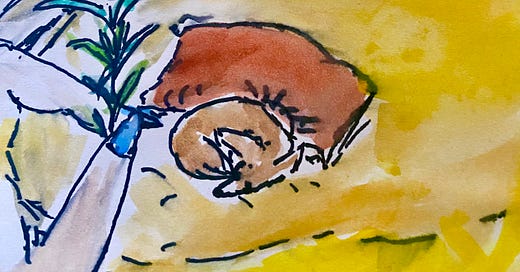




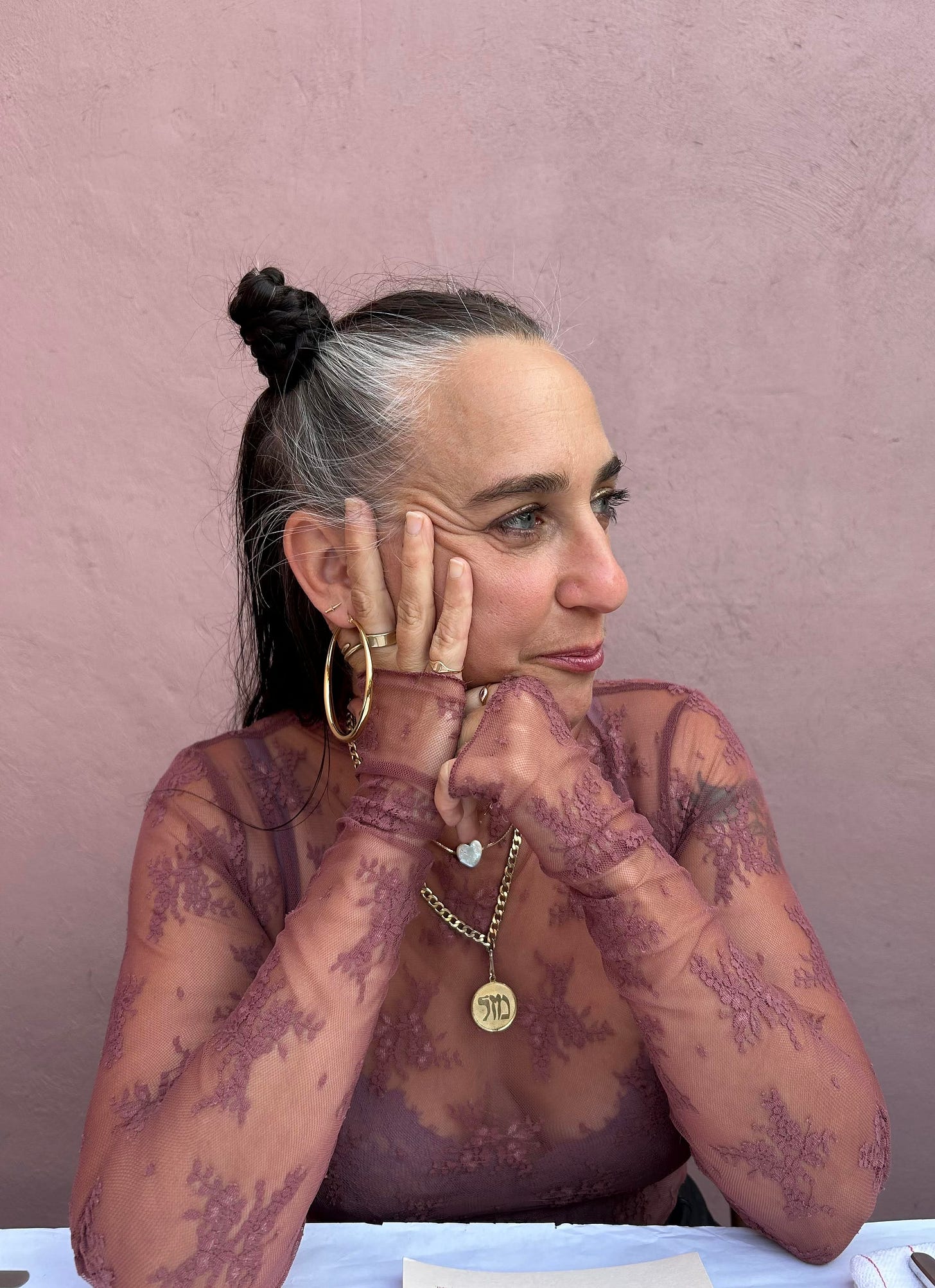
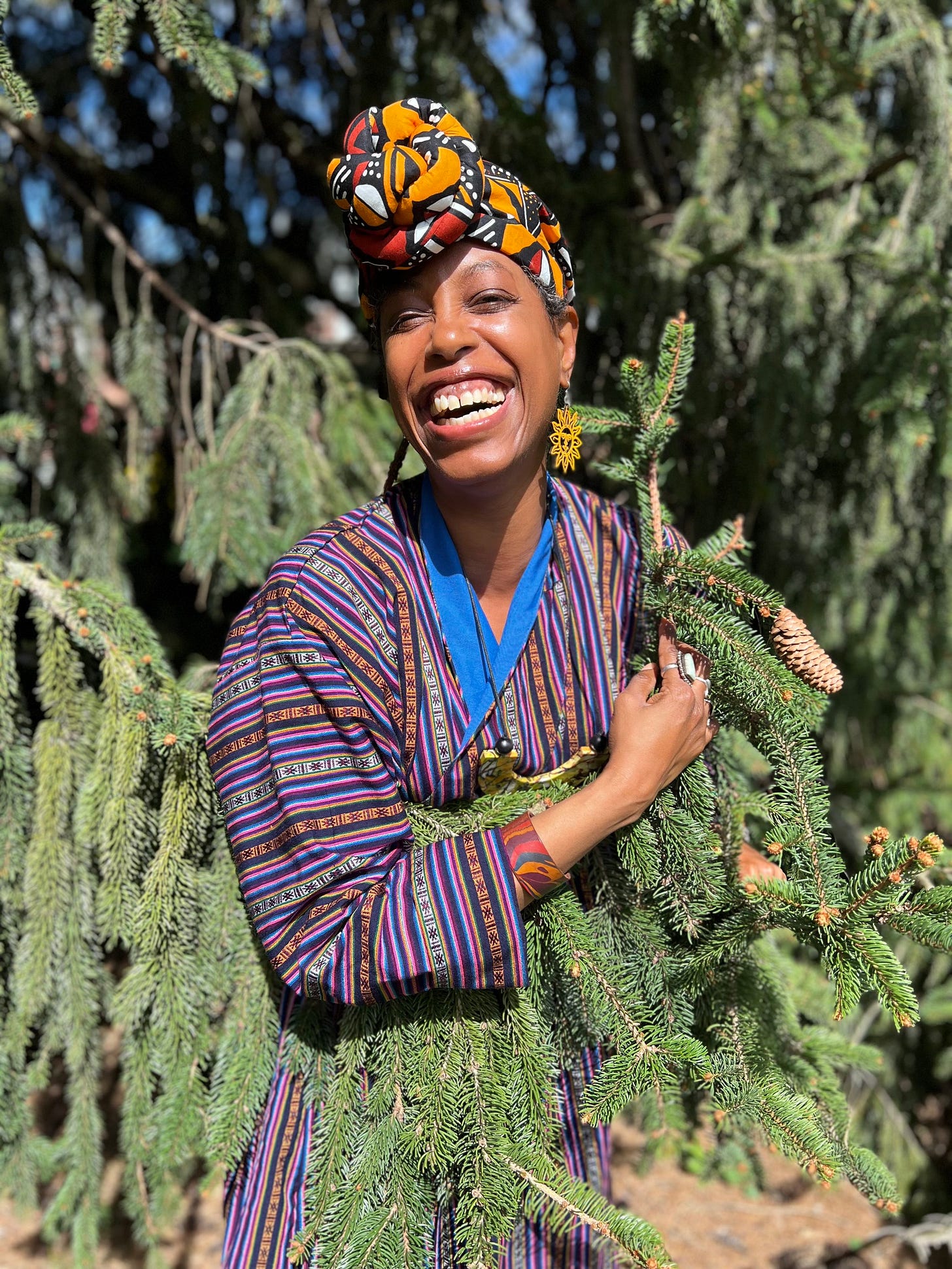
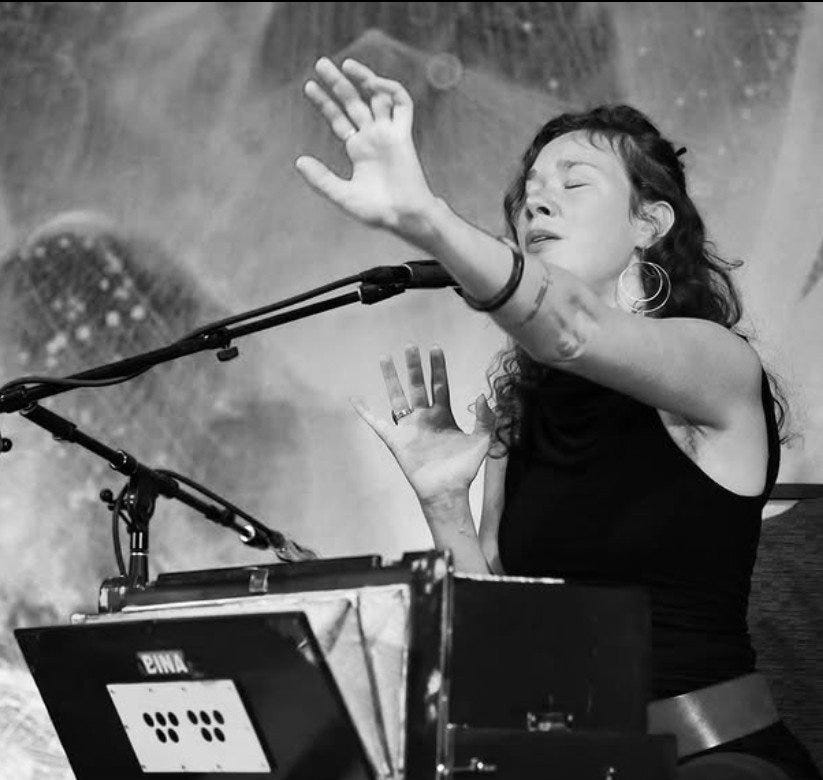
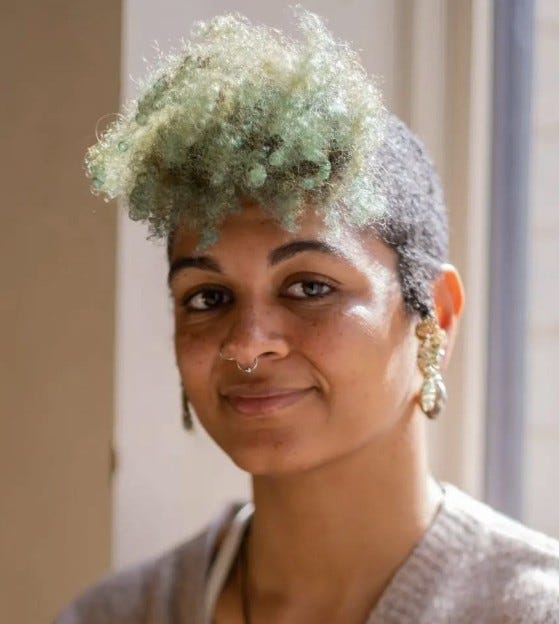
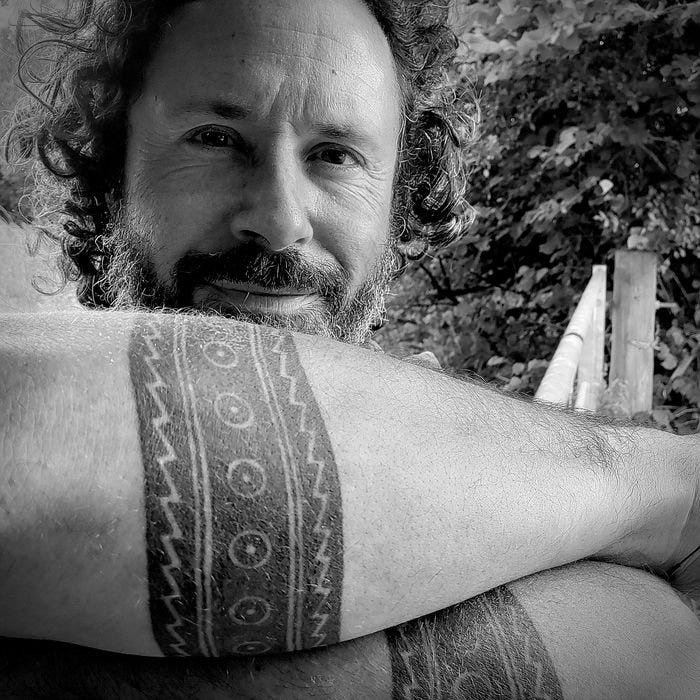
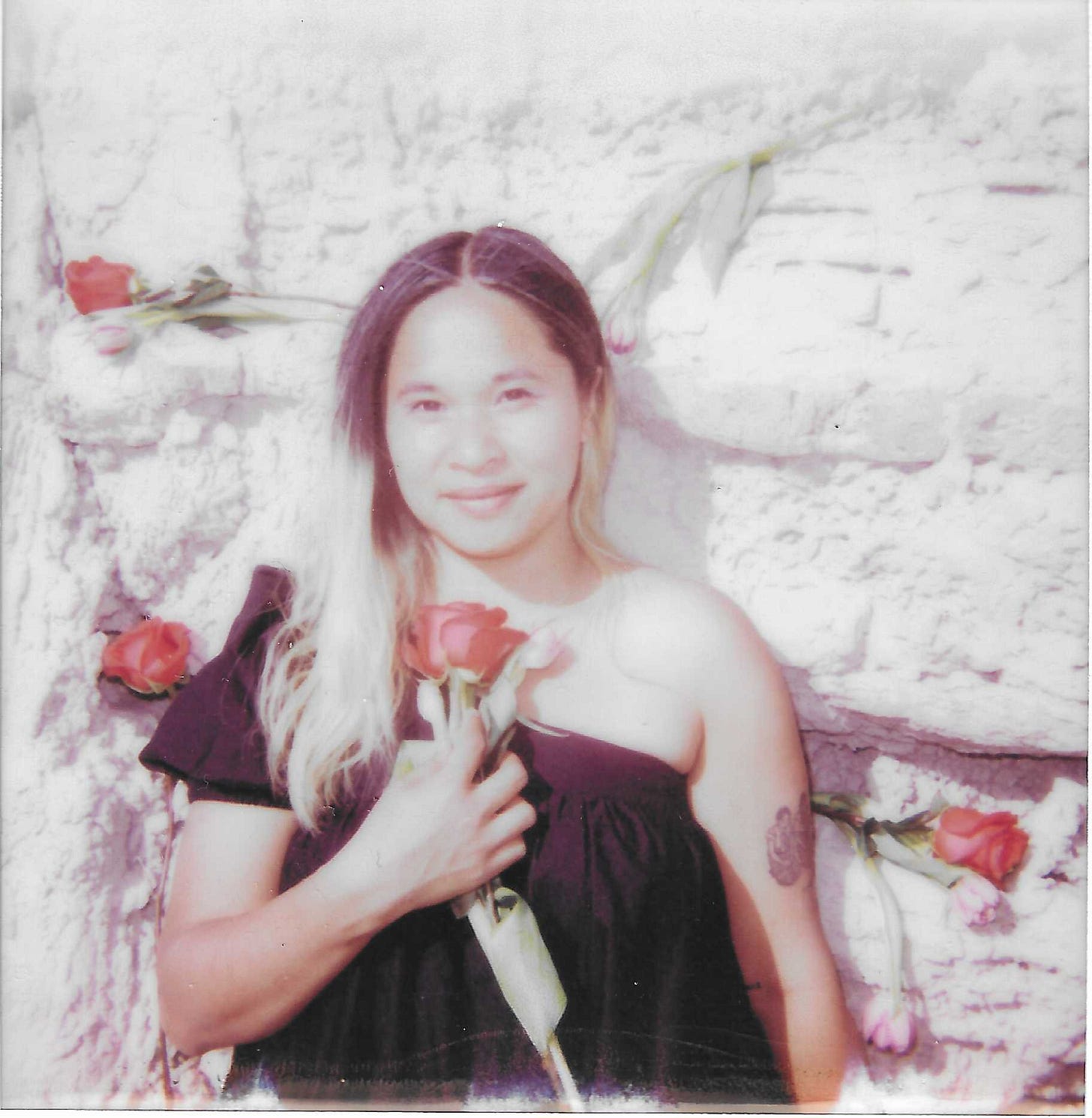
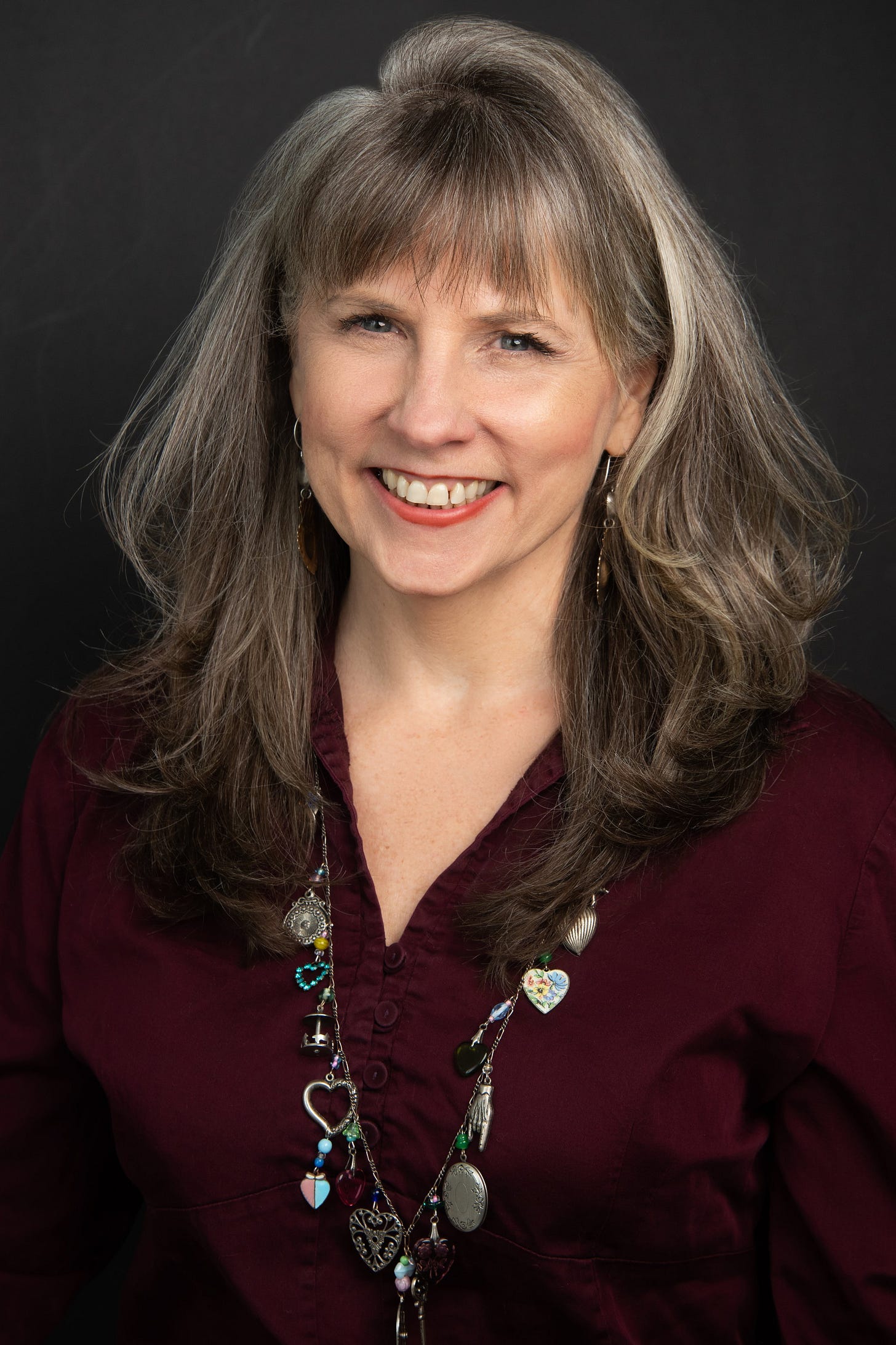
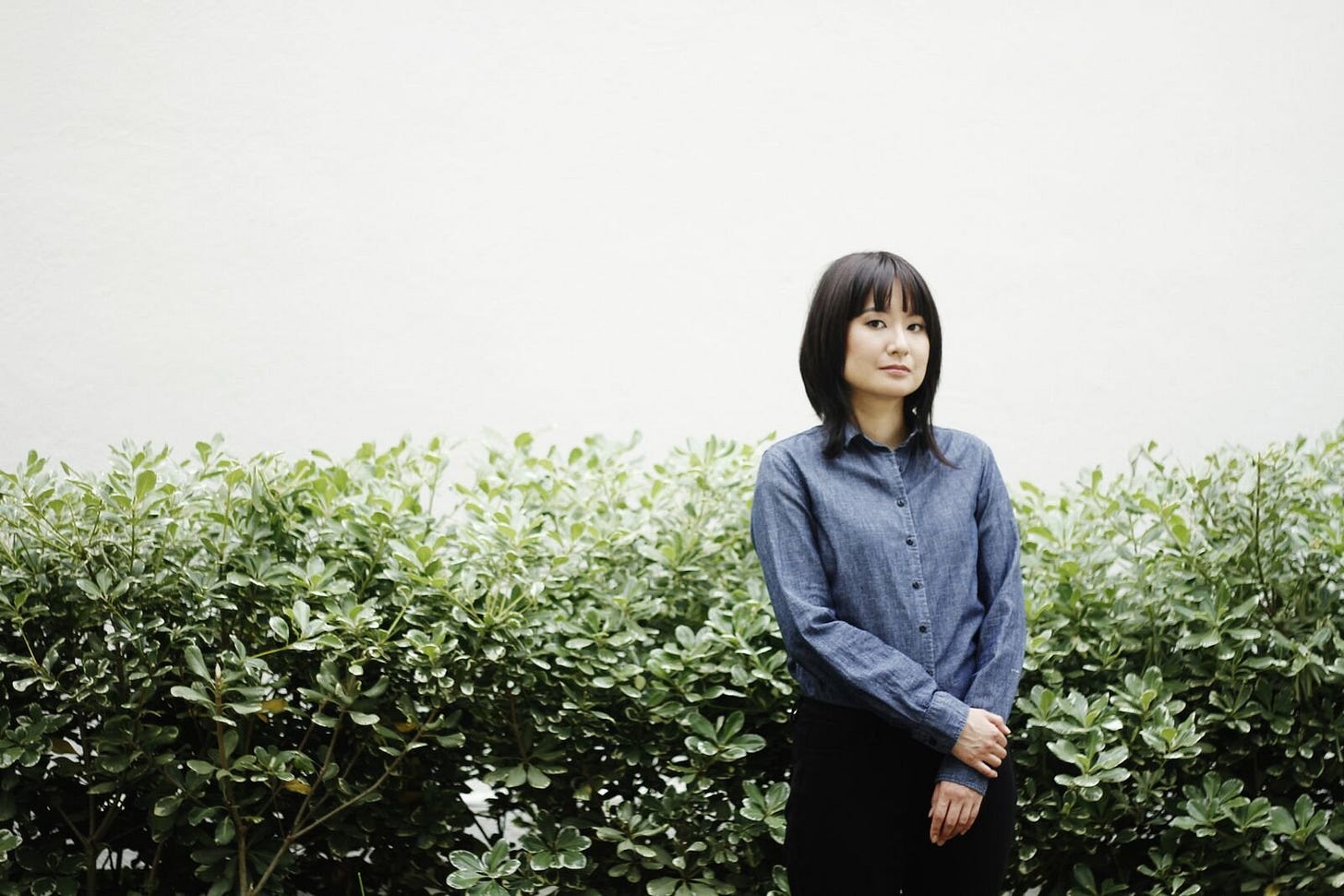
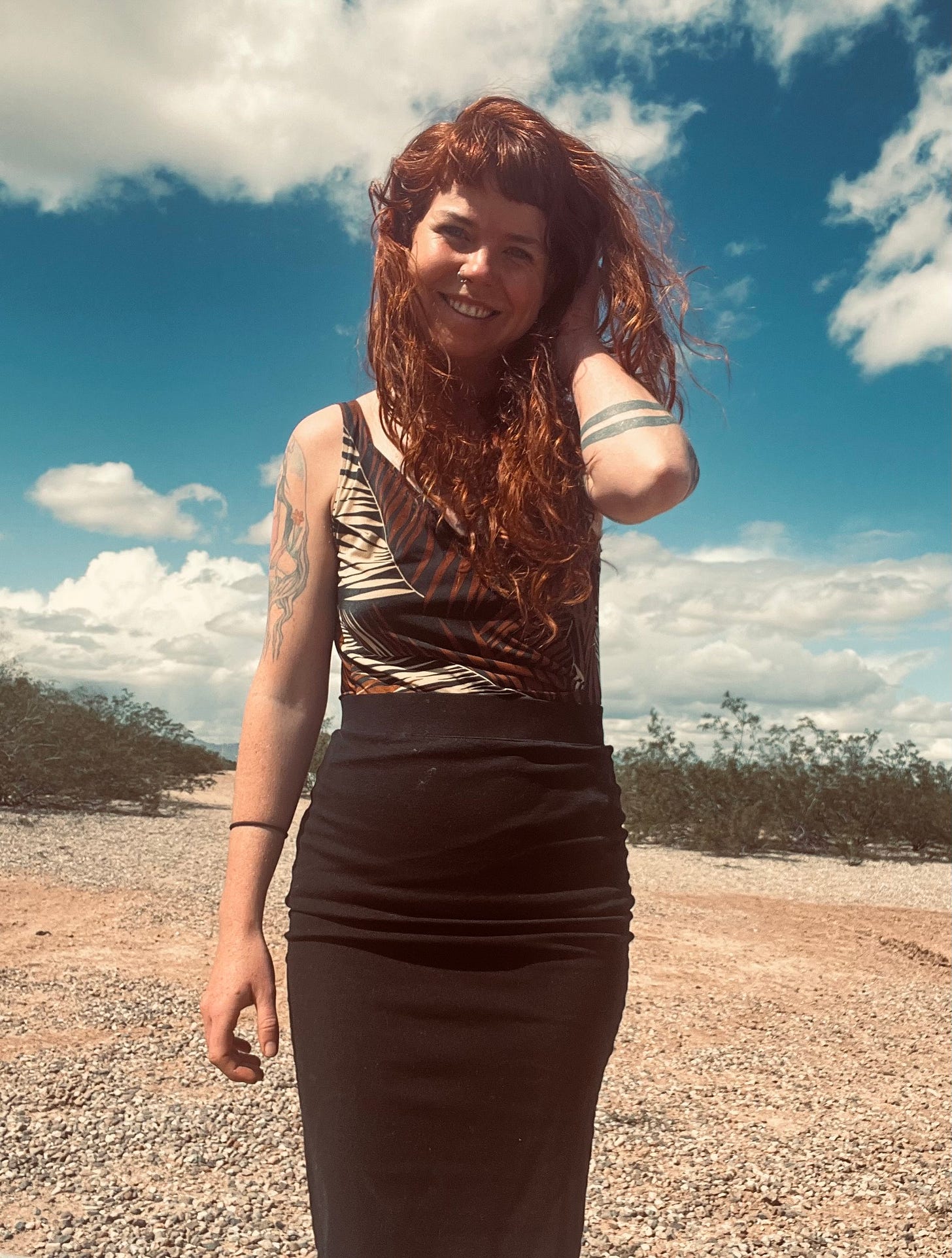
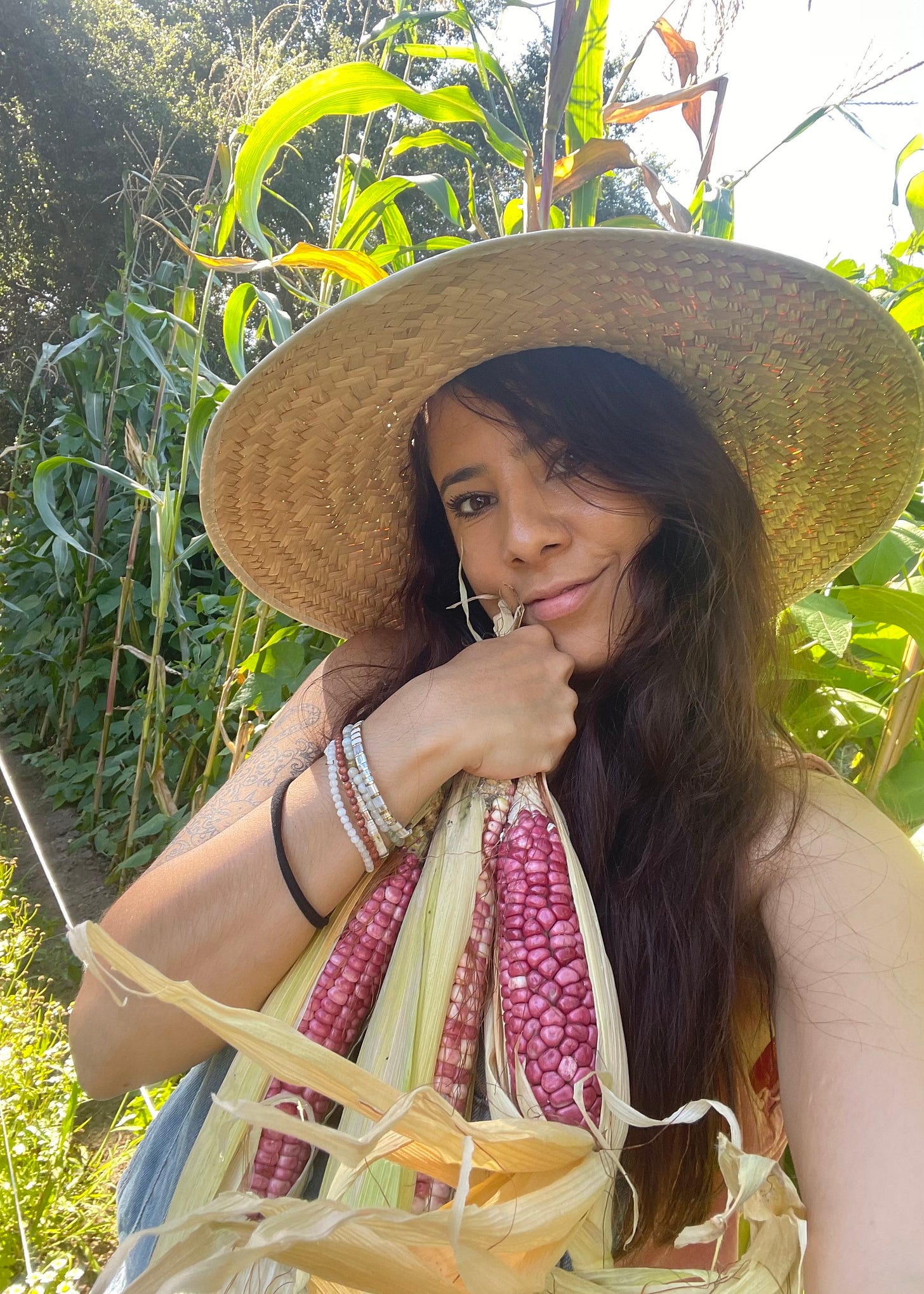
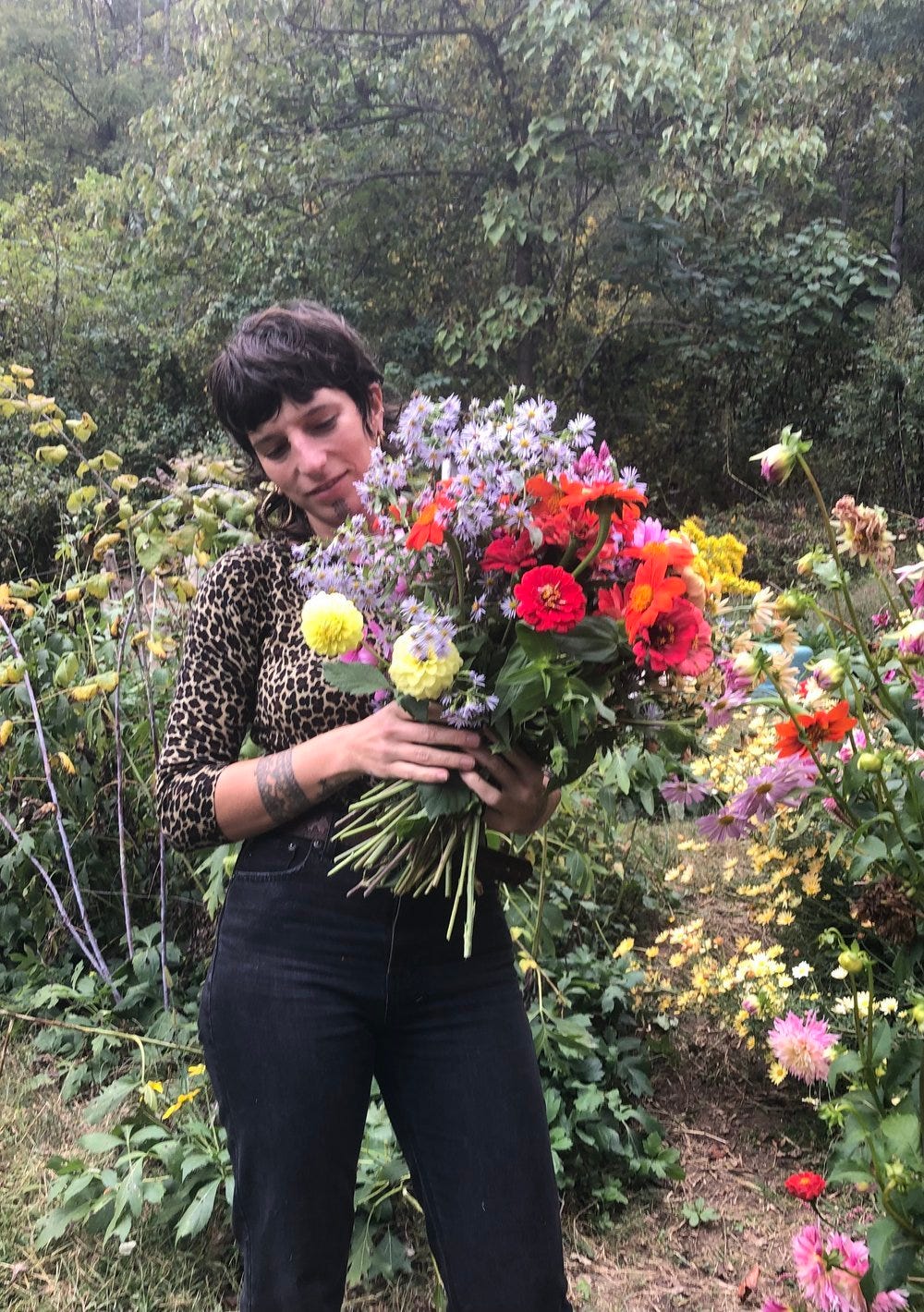
Thank you for these words Mara.